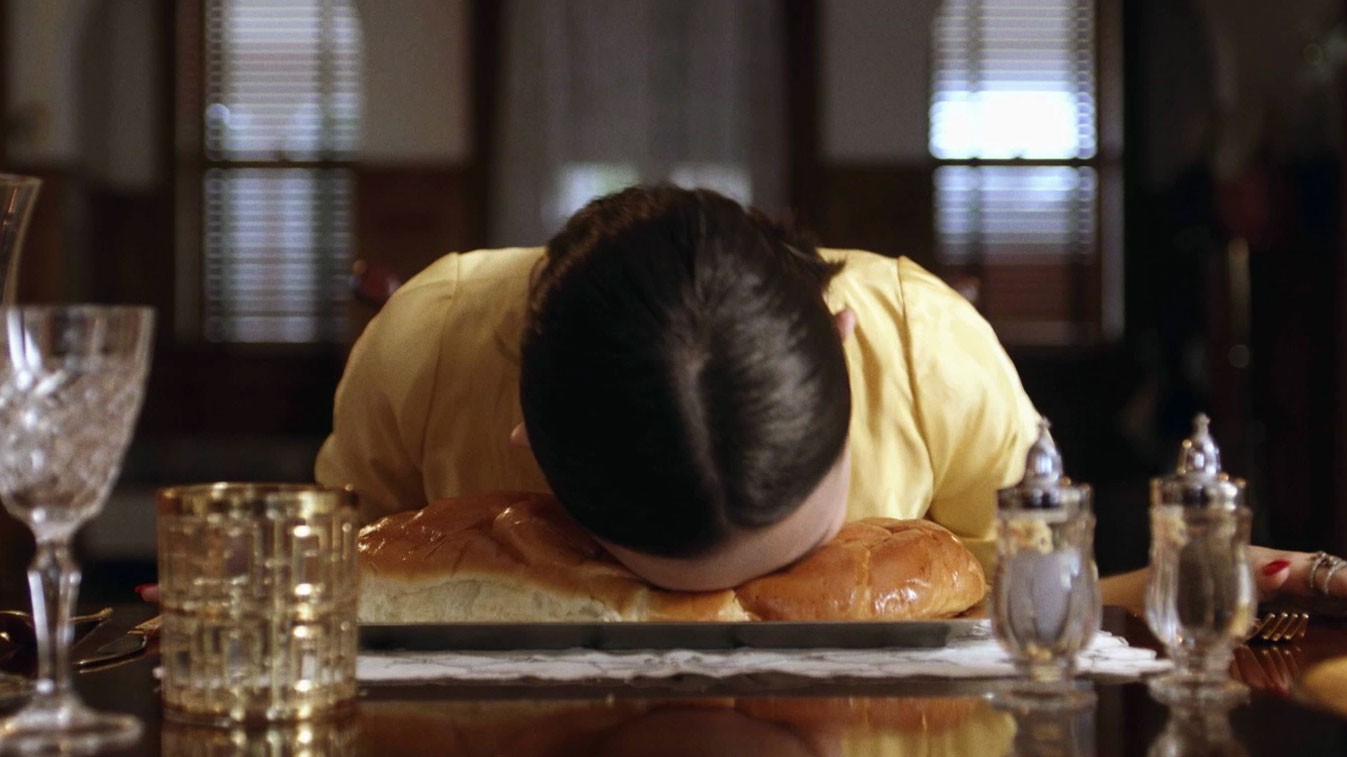Photo by Rawpixel via iStock / Getty Images Plus
"I should bake bread" is something I've found myself thinking recently. Maybe you’ve had the same thought if you've been spending a lot of time online recently, where everyone! everywhere! is baking bread, as the empty shelves of flour and yeast and the run on sourdough starters online will confirm. Most of us already know that eating bread is a balm for the soul, but if the proliferation of proud baking posts is to be believed, the act of baking it is a form of therapy, too.If the prospect of spending hours on a sourdough boule sounds like the perfect way to pass another long week, and or if you simply welcome a new culinary challenge, then sure, you should bake bread. You will be welcomed into the flour-covered arms of Bread Twitter.Here's another affirmation, though, in case you need it: You don't have to bake bread right now, even if everyone else is. If none of the things above bring you joy, then it's more than okay to keep buying squishy sandwich bread from the store. It's fine if you don't come out of this a baker, doling out artisanal loaves to all your friends.As many people go from working in offices to working from home—or as a record-breaking 6.6 million people have recently found, not working at all—some have taken our collective isolation as an opportunity to double down on America's troubling attachment to capitalism, which pushes us to keep working harder and harder despite the many unexpected stressors of living through a global pandemic. According to those people, who might also say things like "Shakespeare wrote King Lear in quarantine," we can all use this time to be more productive: to pick up a side hustle or a new hobby, or to devote ourselves to self-improvement. If we look at a list of people who were "productive in quarantine," it can feel like we're supposed to do the same—that our master works will be born out of being stuck inside, and that perhaps all we needed to become better cooks, bakers, artists, writers, musicians, or at-home fitness practitioners was long, forced stretches of time at home.In terms of giving ourselves something besides the news to focus on, there’s a good argument for productivity. But it can also feel like yet another form of pressure. Whether it’s a project, a podcast, or a beautiful loaf of fresh baked bread, the quiet expectation that we're supposed to come out of all of this, in however many months, with something to show for it is just another squeeze on our already weakened morales. On top of being anxious about the circumstances of COVID-19, I worry that I'm somehow "wasting" this time, and that I'm not "optimizing" my empty hours spent at home. At the very least, the thoughts dictate, I should be baking bread.In normal times, I dabble in a focaccia or banana bread or even an easy no-knead white bread, and that’s because I want to make those things. I know that if I pick up bread baking now, though, it’s at least in part motivated by the feeling of obligation and social pressure. Everyone who *really* likes food is doing it, so why don’t I?As a person whose instinct is to think of the worst outcomes for everything, I can see the spiral that would come from taking on this new habit. To make bread, I need supplies, which means going to the store, waiting in line, and hoping I can get as big of a bag of flour as possible, in case my attempts go awry. At home, I'll need to read how to make bread, which is a process even if you're attempting something much simpler than sourdough. I'll hope and pray while it's in the oven, but I know that once I’ve cut into it, I'll inevitably compare it to bread I've bought or seen online. That would toss me down the rabbit hole of troubleshooting, reading phrases like "hydration" and "crumb" and how to improve them. Depending on how my bread turns out, I might feel bad about wasting not just the supplies, but the time I spent shopping, baking, and cleaning. I’ll stress about doing it all again with hopes of better results.You might not feel this way about bread, but you might feel this way about some other task or hobby you see The Internet cheerily mastering, like sewing or doing 100 push-ups a day. If it gives you stress, remember that you don't have to do it; you can carry on as you did pre-pandemic, doing what you already know how to do to the best of your abilities.Of course I would like to be more productive and more efficient during this time of isolation, but I know that while bread making might release some people's anxiety, doing it—and then showing off how good I can become at it and simultaneously proving how much isolation can fuel my desire to produce—will only increase my stress and the expectations I put on myself.Meanwhile, a loaf of very nice bread from nearby Roberta's only costs me about $6. I can make it stretch for a while if I keep it in the freezer, and the absolute truth is that it tastes worlds better than the bread I could make myself.
Advertisement
Advertisement

